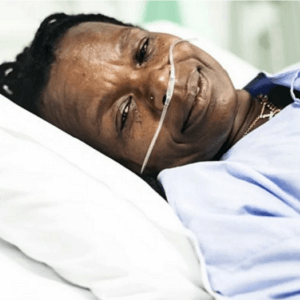Congress may ban menthol cigarettes
It looks like Congress and the White House are finally going to put a stop to menthol cigarettes because they are killing Blacks. About 85 percent of Black smokers use Newport, Kool and other menthol brands that are easier to become addicted to and harder to quit than plain tobacco, according to the Food and […]
Congress may ban menthol cigarettes Read More »










